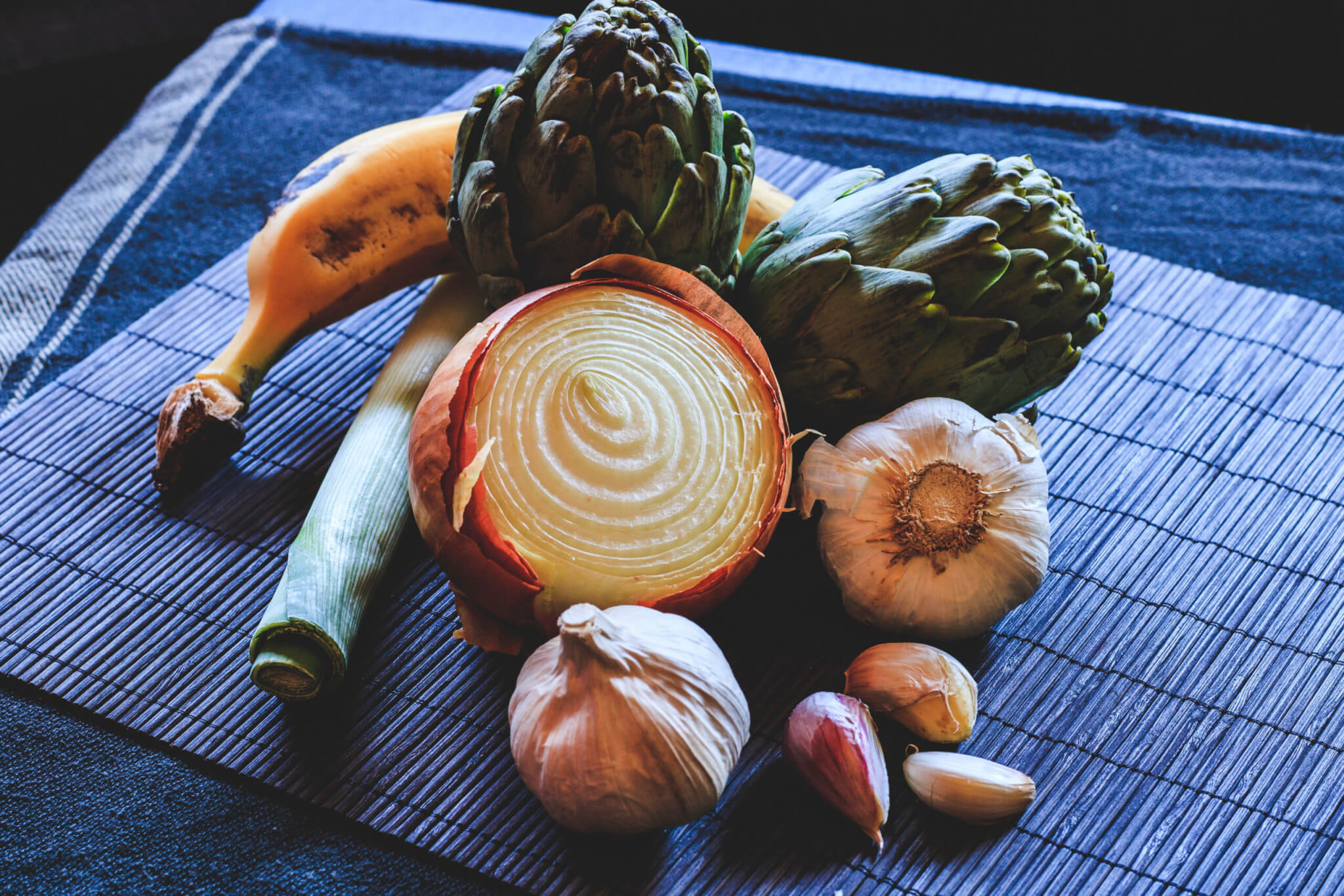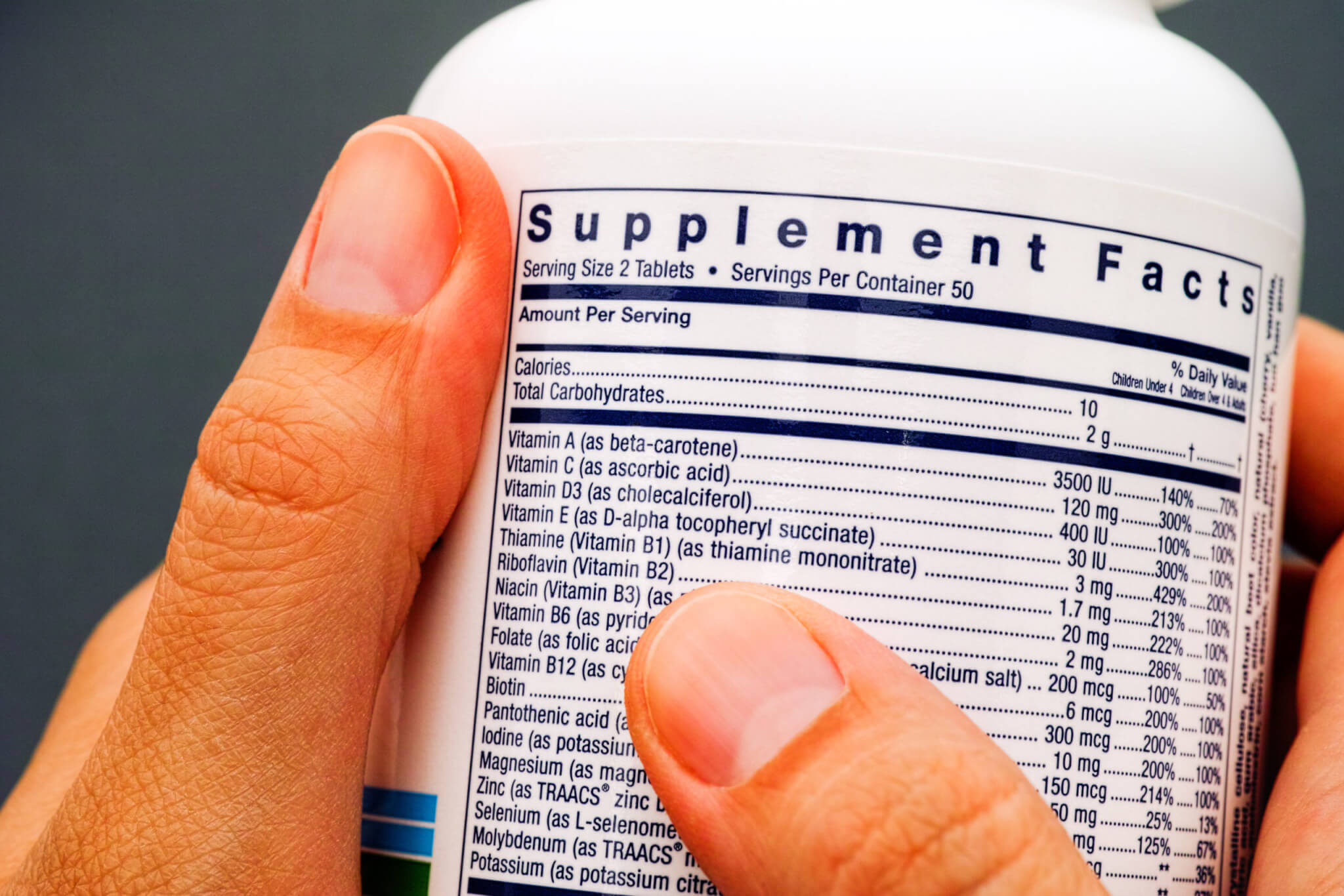LONDON — Fiber supplements may be a fountain of youth for the aging brain. Scientists from King’s College London have discovered that tweaking the gut microbiome — the complex community of microorganisms living in our digestive tracts — may enhance cognitive function in older adults. Specifically, daily plant fiber supplements appear to boost brain function in just 12 weeks.
This research, involving 72 individuals (36 twin pairs) over 60 years-old, explored whether this inexpensive daily prebiotic supplement could improve brain function and muscle strength when combined with resistance exercise and dietary protein. The study, conducted remotely to accommodate the challenges faced by older participants in clinical trials, has shed light on the fascinating interplay between our gut health and overall well-being, particularly in our golden years.
As we age, changes in our gut microbiome can impact various aspects of our health, from digestion to immunity, and even our brain function. This study focused on prebiotics — nutrients that feed the beneficial bacteria in our gut — to see if they could positively influence these age-related changes.
💡What Is Fiber?
- There are two main types of dietary fiber: soluble and insoluble.
- Soluble fiber dissolves in water to form a gel-like substance that can help lower blood cholesterol and glucose levels.
- Insoluble fiber does not dissolve in water and helps add bulk to the stool, aiding in bowel regularity and preventing constipation.
- Fiber intake is associated with numerous health benefits, including reduced risk of heart disease, improved digestive health, and better weight management.

Participants were randomly assigned to receive either a prebiotic supplement or a placebo, alongside a regimen of resistance exercise and branched-chain amino acid (BCAA) supplementation. The primary goal was to observe any improvements in muscle function and cognitive abilities.
While the prebiotic supplement didn’t significantly improve muscle strength, it did lead to notable enhancements in cognitive function. This finding is particularly exciting as it suggests that gut health interventions could be a simple, cost-effective way to combat cognitive decline, a common concern in aging populations.
“We are excited to see these changes in just 12 weeks. This holds huge promise for enhancing brain health and memory in our aging population,” says study first author Dr. Mary Ni Lochlainn, from the Department of Twin Research at King’s College London, in a university release. “Unlocking the secrets of the gut-brain axis could offer new approaches for living more healthily for longer.”
The study highlights the gut-brain axis, a complex communication network linking our digestive system and brain. The results add to a growing body of evidence that maintaining a healthy gut microbiome can have positive effects on the brain, potentially offering protection against cognitive decline and diseases like Alzheimer’s.

Conducting the trial remotely proved to be an effective way to include older adults in clinical research, a group often underrepresented in studies due to logistical challenges. This method not only facilitated participation but also underscored the feasibility of using digital tools to advance scientific research in aging.
“These plant fibers, which are cheap and available over-the counter, could benefit a wide group of people in these cash-strapped times,” notes study senior author Claire Steves, professor of aging and health at King’s College London. “They are safe and acceptable too. Our next task is to see whether these effects are sustained over longer periods and in larger groups of people.”
While the study didn’t find an impact on muscle strength, the cognitive benefits observed with prebiotic supplementation are promising. It suggests that interventions targeting the gut microbiome could be an exciting new avenue for enhancing mental health in older adults. Further research is necessary to explore the long-term effects of such interventions and to identify the optimal types and doses of prebiotics.
Researchers say this study paves the way for future exploration into how simple dietary changes can make a significant difference in our fight against the cognitive decline associated with aging.
The study is published in the journal Nature Communications.

The linked release says that the “prebiotic supplement” contains, since the idiots who published this couldn’t be bothered to mention it.
Prebiotics should be taken in tandem with probiotics.
The absence of prebiotics is why they fail sometimes and are ridiculed by Big Pharma and certain doctors. Personally I prefer sauerkraut.
Dr Gundry again ahead of the rest!